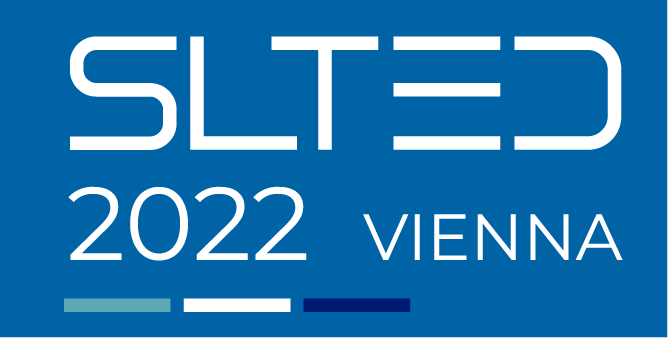Laurent Cammarata

Laurent Cammarata
University of Alberta, Canada
Integrating Language and Literacy Teaching into the Disciplines: Implications for Teacher Preparation in Bilingual or Multilingual Contexts
About the Speaker
Laurent Cammarata is Professor in Education at the Faculté Saint-Jean, University of Alberta. He currently works in the preparation and ongoing professional development of K-12 teachers in French immersion and francophone minority settings. Broadly, his research examines teachers’ experience of implementing content-based instruction (CBI) in varied educational contexts and on implications for teacher education and professional development. His work on the topic has been published in varied well-respected scientific venues over the years and has received many academic accolades such as the Paul Pimsleur Award for Research in Foreign Language Education. His current research interest focuses on the influence of immersion teachers’ knowledge base, experience, and beliefs on their capacity to implement a well-integrated approach effectively. He has been acting as the co-editor-in-chief of the Journal of Immersion and Content-Based Language Education (John Benjamins) since January 2019.
Abstract
To better promote the development of language skills in bilingual or multilingual educational contexts, scholars in the field have been advocating the use of an integrated approach, a dual-focused educational approach dedicated to the integration of language and literacy teaching in all school subjects (e.g., Lyster, 2007; Tedick & Cammarata, 2012; Tedick & Lyster, 2020). Given that the familiarization with and implementation of such an approach is complex (Cammarata & Haley, 2017; Cammarata & Tedick, 2012) and requires teachers to develop specific knowledge and skills (Cammarata & Cavanagh, 2018; Morton, 2016, 2018), it is essential that future K-12 teachers be well prepared if they are to support the development of their students’ linguistic repertoire in all disciplines (Cammarata & Ó Ceallaigh, 2020).
As recent studies have revealed, there are important challenges teacher preparation programs face when it comes to pedagogical integration (Cammarata, Blain, & Cavanagh, in press). For instance, in the Canadian context, the preparation of future generations of French immersion teachers varies greatly and is not always well adapted to support their needs. Furthermore, teacher educators working in dedicated teacher education programs do not always possess the experience, knowledge, and level of awareness necessary to effectively support student teachers in the use of an integrated approach (Cammarata & Cavanagh, 2018).
What concrete solutions could be offered for future teacher education reforms? The main objective of this plenary is to provide the beginning of a response to this important question by 1) taking stock of current knowledge concerning the needs of K-12 teachers and teacher educators in bilingual, multilingual or minority contexts, particularly when it comes to the implementation of an integrated approach, and 2) making concrete proposals for enabling dedicated teacher education programs to prepare teachers to support language and literacy development in all the subjects they teach.
